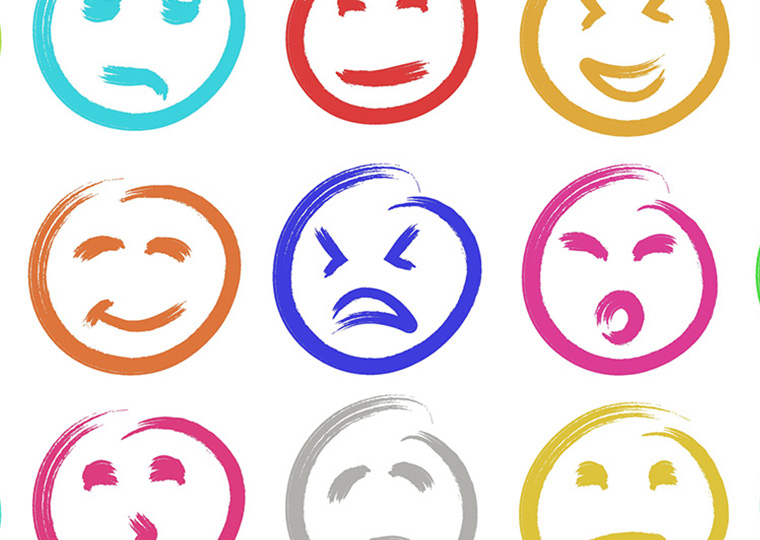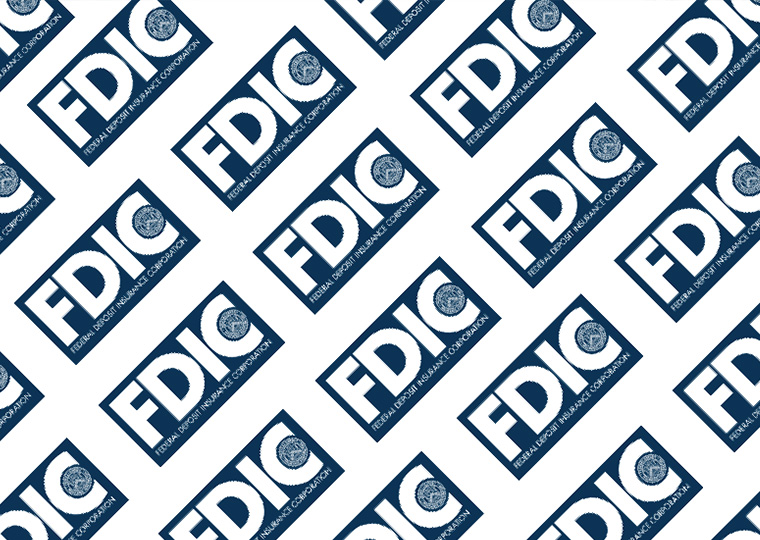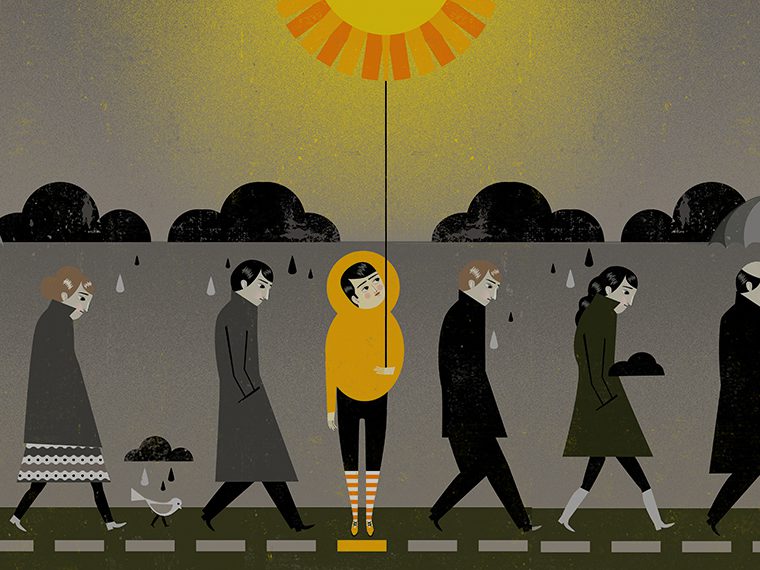The happiest people are moderately patient, not into extreme delayed gratification
From childhood admonishments to wait our turn, to adult challenges of practicing delayed gratification (dieting, saving for retirement), patience is consistently front and center as a behavioral goal. The implicit message is that the more patient we are, the better off.
In a working paper, UCLA Anderson’s Paola Giuliano and Northwestern University’s Paola Sapienza find that patience has its limits in terms of happiness. They synthesized the happiness and patience levels reported in global research that collected data from roughly 70,000 individuals in 70 countries and found that being the epitome of patience does not translate into being happier.
Giuliano and Sapienza relied on two separate sources of data. The Global Preference Survey (GPS) measured individual levels of patience, and the Gallup World Poll collected data on happiness.
Opt In to the Review Monthly Email Update.
Patience levels were gleaned from a series of questions about one’s willingness to forego a reward today (say, €100) for a bigger reward (between €103 and €215) in 12 months. A qualitative question asked participants to rate their willingness to wait, on a scale of 0 (not at all willing) to 10 (very willing). Answers were weighted and rolled into an overall score for each participant. Giuliano and Sapienza worked with patience levels that ranged from a low of -1.31 to a high of 2.76.
They then looked at how that data correlated to a variety of measurements of self-reported happiness. If more patience always translates into more happiness, their analysis would find that happiness peaked for people with patience levels at the 2.76 extreme.
Yet across nine different happiness measures, the happiest individuals tended to be moderately patient and not gluttons for delayed gratification.
For example, Gallup’s Life Evaluation Index captures individuals’ level of happiness based on their reporting of well-being today and where they see themselves in five years. The researchers found that this index peaked when patience measured 1.56 (well below the 2.76 max). And the relationship was a classic hump curve: levels of patience above 1.56 reported lower happiness score.
The Positive Experience Index is another Gallup measure that gets at happiness by asking participants to weigh in on a series of questions about how they felt the prior day. For example: Were they well-rested? Were they treated with respect? Did they smile or laugh a lot? Did they learn something interesting? The highest reading for this happiness index is associated with a 1.40 patience score (again, well below the most extreme patience level of 2.76).
None of this is an argument for impatience. The highest levels of happiness came with mid-range patience scores, not zero patience (think Goldilocks).
“A moderate amount of patience appears to be associated with a higher level of life satisfaction and emotional well-being,” write Giuliano and Sapienza. Moreover, too much patience is better than too little. “The data suggest that only very high levels of patience are costly; therefore, the societal benefits of delaying gratification on average exceed the cost of being too patient.”
Featured Faculty
-
Paola Giuliano
Professor of Economics; Chauncey J. Medberry Chair in Management
About the Research
Giuliano, P., & Sapienza, P. (2020). The cost of being too patient.






